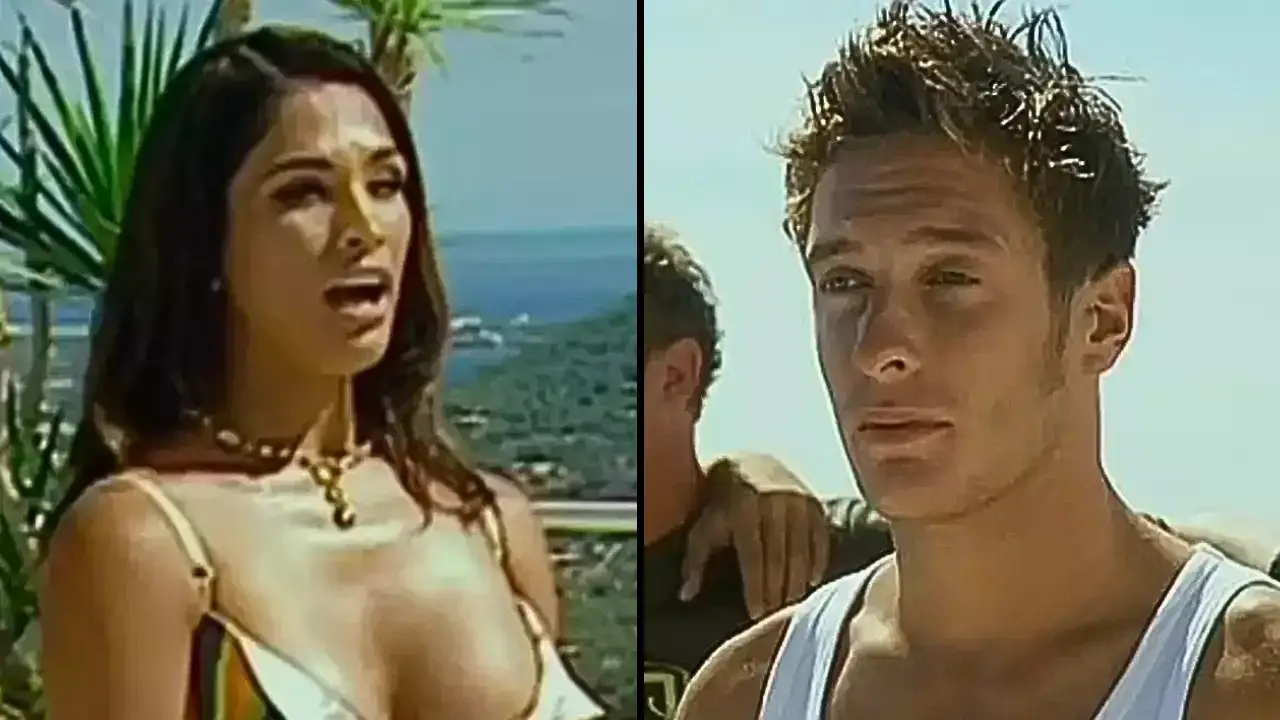
Credit: Channel 4
Moment Male Contestants Were Told They Were Dating Transgender Woman On Hugely Controversial Dating Show
A dating show in which a woman revealed to male contestants she was transgender has come under intense scrutiny in a new documentary.
Warning: the following contains a discussion of suicide.
There’s Something About Miriam, a reality dating show that aired in 2003, quickly became one of the most controversial shows in television history due to its premise and the ethical concerns surrounding it.
The show was filmed in Ibiza, Spain, and featured six male contestants who were vying for the affection of a beautiful Mexican model named Miriam Rivera.
However, the twist – and the source of the controversy – was that Miriam was a transgender woman, a fact kept secret from the contestants until the final episode.
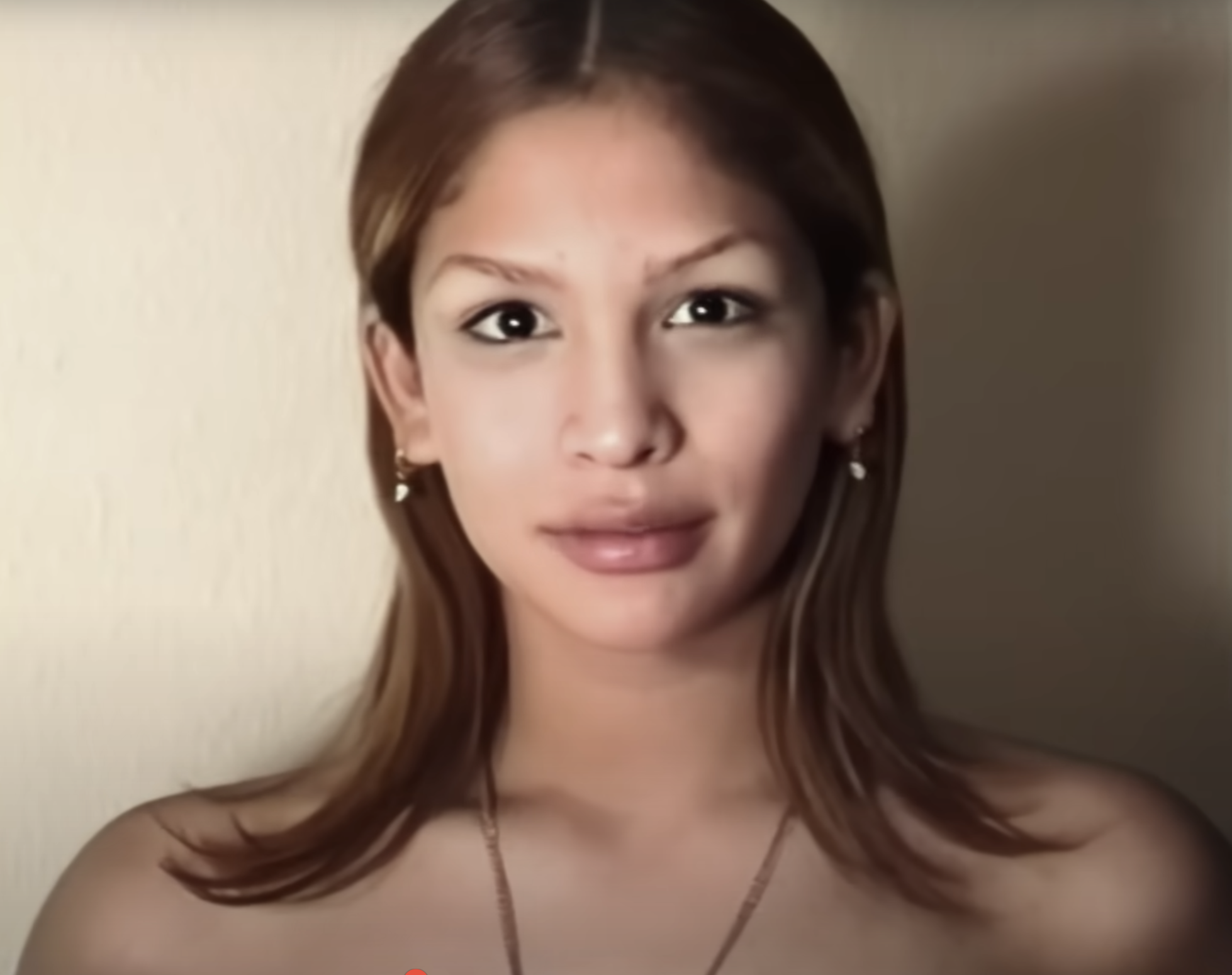
At the time of its release, There’s Something About Miriam stirred up a massive backlash from both the public and the media.
The controversy mainly centered on the ethical issues of deception and the treatment of transgender identities.
The producers framed the revelation of Miriam’s transgender status as a shocking plot twist, effectively reducing her identity to a gimmick for entertainment.
This not only trivialized the experiences of transgender individuals but also perpetuated harmful stereotypes, reinforcing the idea that being transgender was something abnormal or worthy of ridicule.
For most of the series, the contestants were led to believe that they were competing for the attention of a cisgender woman.
Throughout the show, they engaged in flirtations, romantic gestures, and even physical intimacy, all while unaware of Miriam’s gender identity.
The revelation came in the final episode, where Miriam disclosed that she was assigned male at birth.
This ‘twist’ was framed as a dramatic climax, provoking reactions from the contestants which were later criticized for being manipulated for shock value.

The contestants’ anger and feelings of betrayal were clear in their reactions, which raised questions about the ethics of the show’s producers.
Several of the men felt humiliated and publicly deceived. After the show aired, all six contestants sued the producers, claiming emotional distress, defamation, and breach of contract.
They argued that they had been tricked into situations that caused them embarrassment and ridicule, both on-screen and in the public eye.
Eventually, the case was settled out of court, with the contestants receiving compensation for their grievances.
Another layer of controversy arose from the portrayal of Miriam herself.
Rather than being seen as a fully realized individual, Miriam was presented as an exotic and mysterious figure, objectified by the show’s producers and reduced to a source of dramatic tension.
This portrayal reflected broader societal transphobia at the time, where transgender individuals were often stigmatized or sensationalized in the media.
Many felt that the show’s handling of transgender identity was exploitative, playing on harmful stereotypes for entertainment purposes.
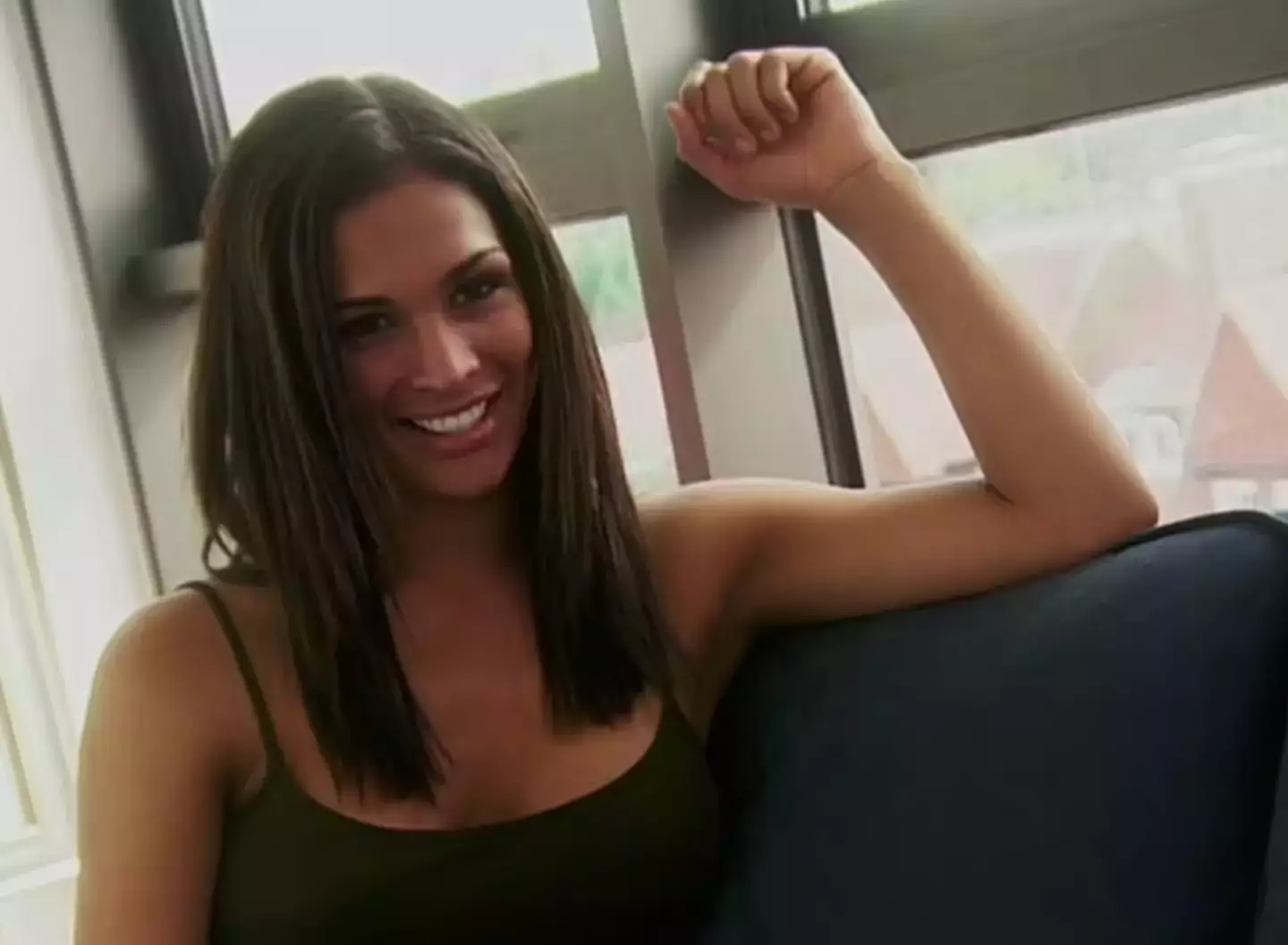
These themes were later explored in the Channel 4 documentary titled Miriam: Death of a Reality Star.
The moment Miriam revealed her gender identity is highly scrutinized for being one of the most cruel and unethical ‘gotcha’ moments in television history, per MailOnline.
In a heartbreaking scene, Miriam courageously addressed the men after choosing contestant Tom Rooke, then 23, as her winner.
She stated: “I tried to be honest with all of you as much as I can. Yes, I’m from Mexico, I’m a model and I’m 21. But, Tom, I really love spending time with you. I love men and I love being a woman. But I’m not a woman, I was born as a man.”
To the shock and dismay of viewers, the men’s reaction was to laugh as Miriam shared her truth.
Friends of the model have claimed that her heartfelt revelation was ‘scripted’ by the show’s producers, who misjudged the situation and cruelly exploited Miriam for the sake of ratings.
Tom expressed on camera that he felt ‘very shocked’ and ‘deceived’ by Miriam, subsequently using male pronouns when speaking about her and accusing her of ‘lying to everybody.’
Crew member Leo McCrea recounted the moment, saying: “It was so incredibly uncomfortable. It felt like all the air had been sucked out of the room. And Tom, he was gasping and looking around at all the deceit.”
Other contestants also reacted with anger, as participant Toby Green recalled that runner-up Scott Gibson ‘went berserk.’
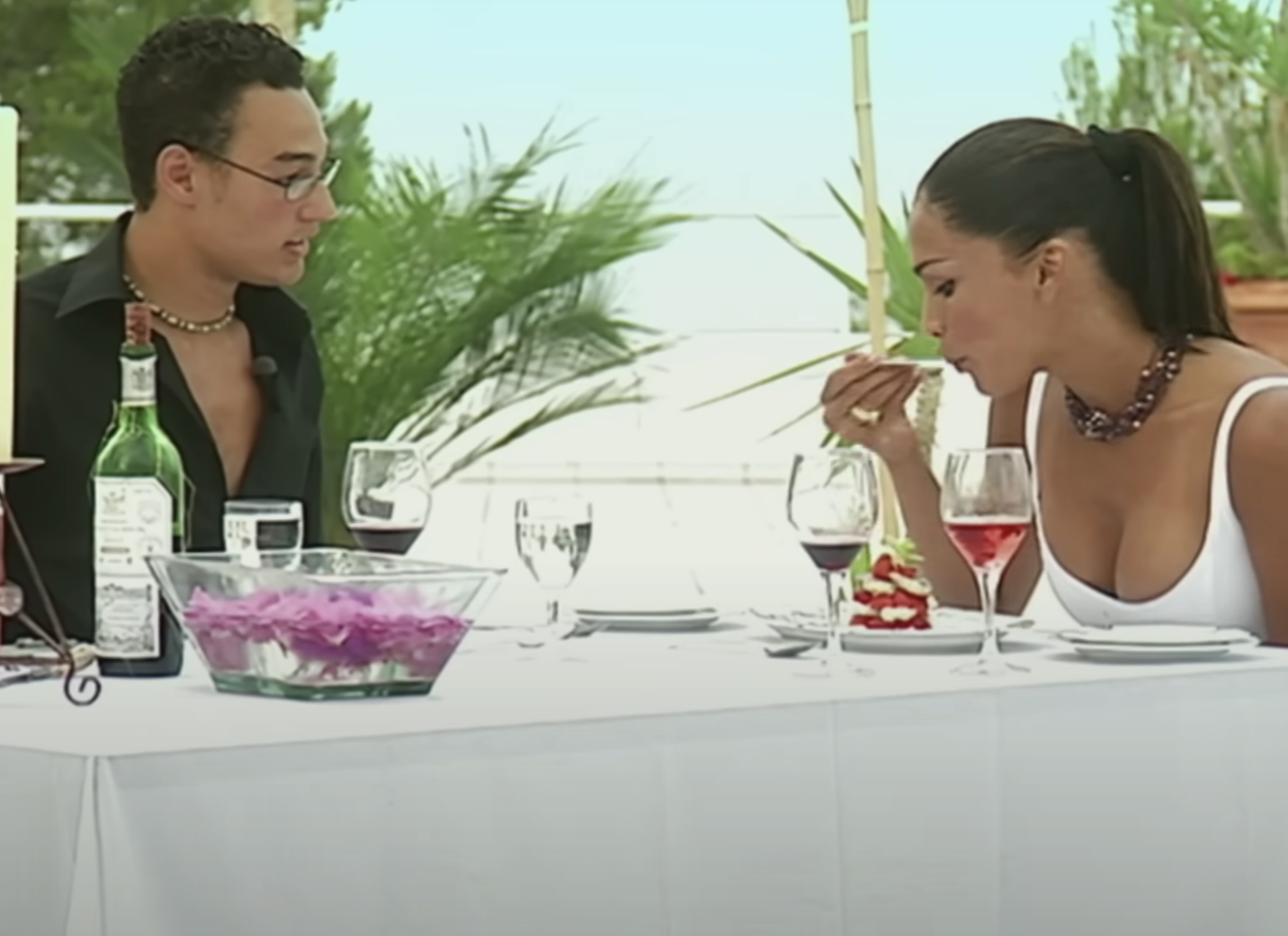
A particularly troubling revelation came from the psychiatrist brought in for the dating show, who noted that no consideration was given to how the situation might affect Miriam’s mental health.
He stated: “I had been brought in ostensibly to look after the boys. No one had given a thought to how Miriam might feel. The reveal was her coming out to the world, and as far as I was aware, Miriam hadn’t been psych-tested. How would she deal with rejection?
“Not just from who she picked, but everyone who thought trans people were freaks. They sold her a dream without anybody telling her what could go wrong. I thought, she’s vulnerable; she’s had a really really hard life, like a bird with a broken wing.”
Miriam’s experience resonates with viewers because she had previously shared her painful history, including an early romantic encounter where a boy reacted with anger upon discovering she was assigned male at birth.
He outed her to their classmates, while Miriam recounted how she began hormone therapy at 11, lived as a woman from age 16, and faced rejection from her father.
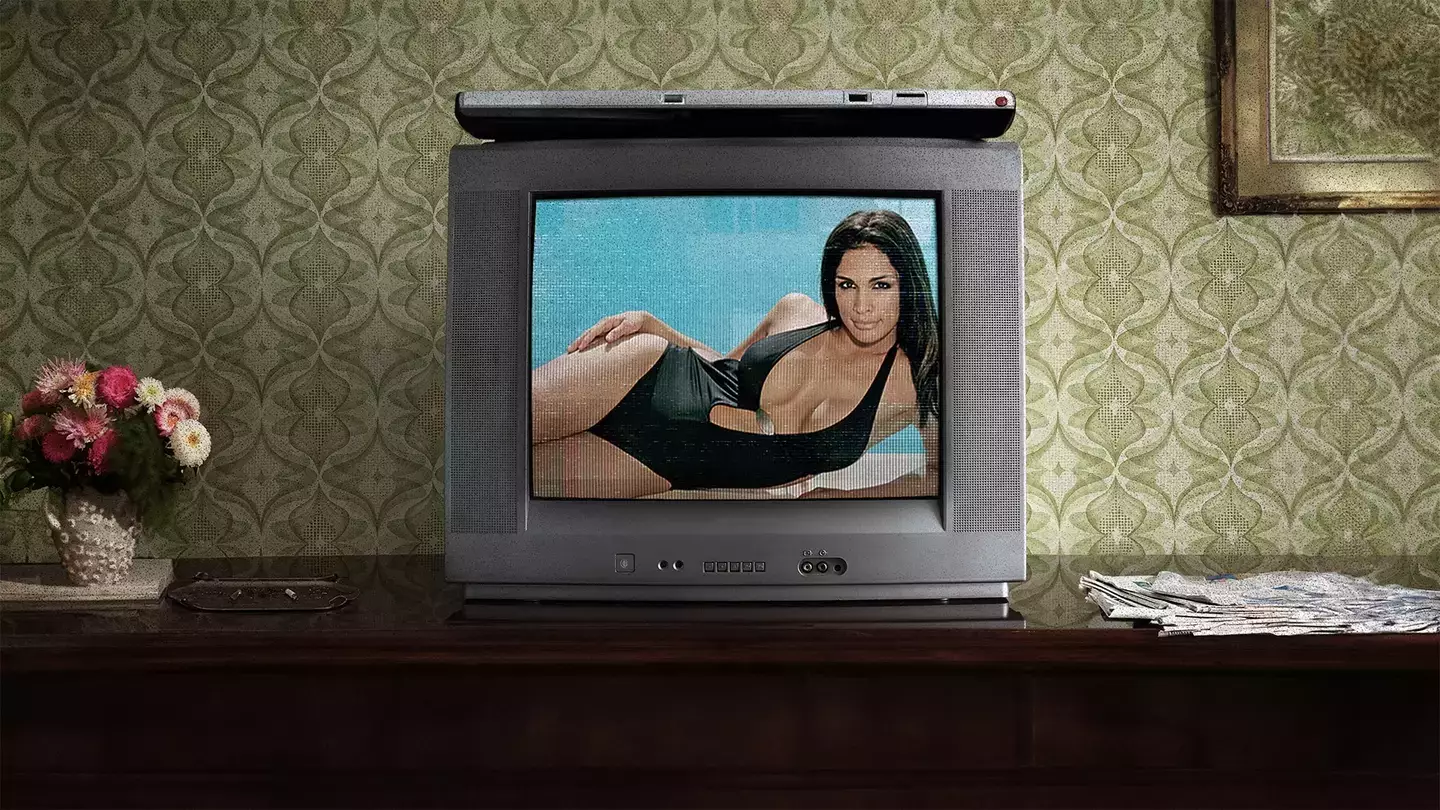
After the reality show ended, Tom declined the £10,000 prize money he had won and initiated a legal battle with his fellow contestants.
They alleged conspiracy to commit sexual assault, defamation, breach of contract, and personal injury due to psychological and emotional harm, ultimately reaching an undisclosed settlement.
Following this, Miriam withdrew from the public eye, and tragically, passed away at the age of 38 in an apparent suicide.
In 2019, she was found dead in her mother’s apartment.
Jo Josun, a production executive from There’s Something About Miriam, also appears in Miriam: Death of a Reality Star and stunned viewers by admitting, “I didn’t feel anything. I’m in the business of making television shows. I didn’t feel anything about the format that I felt was bad or wrong. I didn’t feel that way; I really didn’t. Do I think it went beyond any moral codes of conduct? No.”
If you or someone you know is affected by any of the issues raised in this story, call the National S**cide Prevention Lifeline in the U.S.A. at 800-273-TALK (8255) or text Crisis Text Line at 741741.
In the U.K., the Samaritans are available 24/7 if you need to talk. You can contact them for free by calling 116 123, emailing [email protected], or heading to the website to find your nearest branch.
Related Article: Netflix Under Pressure To Remove ‘Most Controversial Show’ With Trigger Warnings Before Every Episode
Related Article: Horror Movie Is So Disturbing It’s Banned In 50 Countries And Director Got Arrested